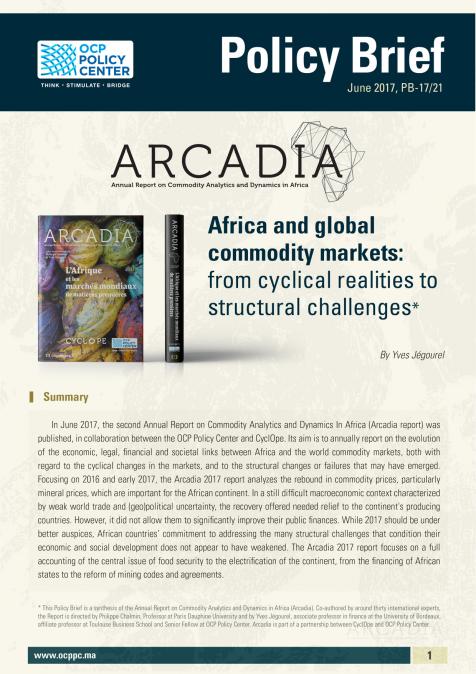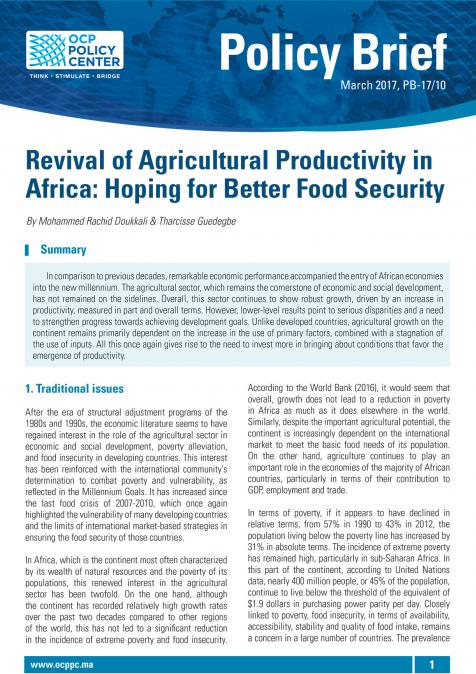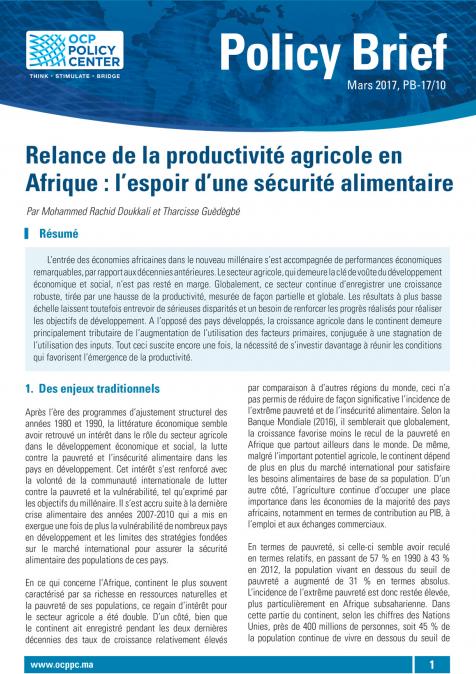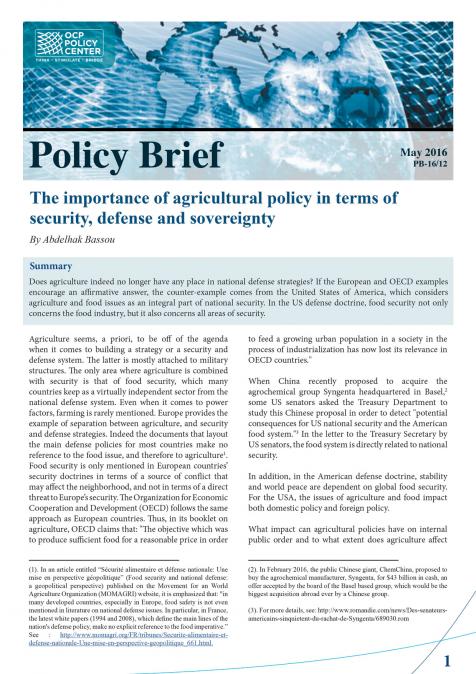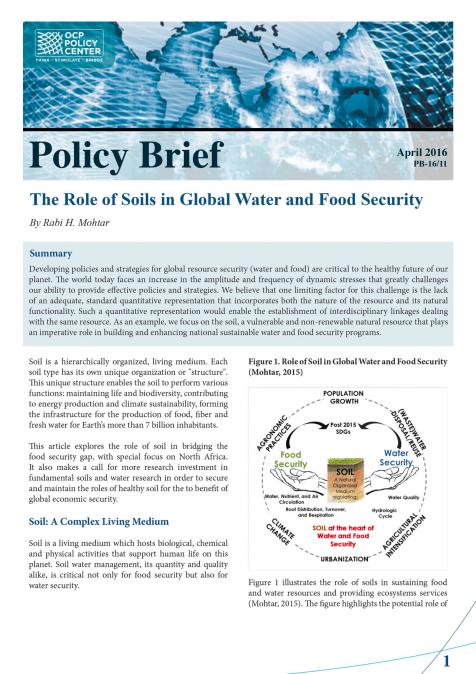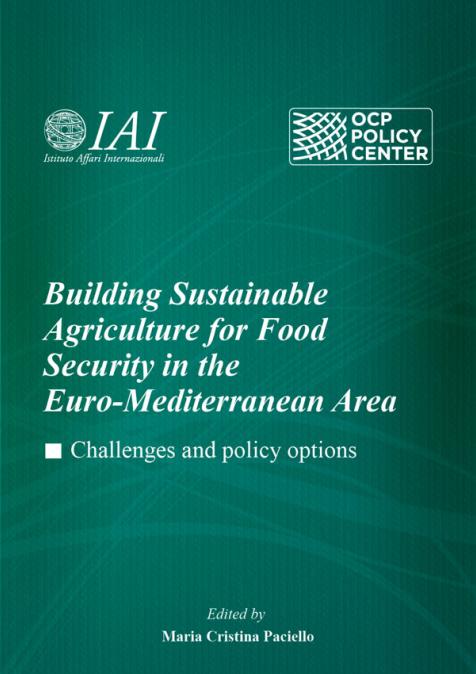Publications /
Policy Brief
Following on the heels of the COVID-19 pandemic and severe drought in North Africa, the Russian invasion of Ukraine – large exporters of food and, in the case of Russia, energy— may inflict increased hunger on the food insecure in Morocco – despite mitigating measures by the government.
Morocco is so far successfully shielding its large poor and vulnerable population by subsidizing essential commodities. With memories of the violent protests during the 2007/08 food and fuel crisis still fresh, government support is necessary to maintain social stability. Such support measures are costly even in a typical year. In 2022, the legacy of the pandemic, a combination of drought, soaring cereal and oil prices, global inflation, and economic slowdown will test the 'government's ability to keep fiscal deficits within sustainable bounds.
Looking to the longer term, the high costs of government subsidies highlight the need for a sustainable strategy to deal with food security. Morocco's New Development Model (April 2021) promises to progress towards this goal by re-orienting public investment and creating incentives to improve efficiency and resilience in rain-fed agriculture and add value throughout the agri-food sector, not just in irrigated agriculture.
The food and fuel crises triggered by the war raise the stakes for reforming the agri-food system throughout Africa, not only in Morocco. The African Continental Free Trade Agreement (AfCFTA) presents a unique opportunity to develop a vast and reliable regional market including food that is less exposed to the vagaries of the political, security, and economic environment outside the region.


